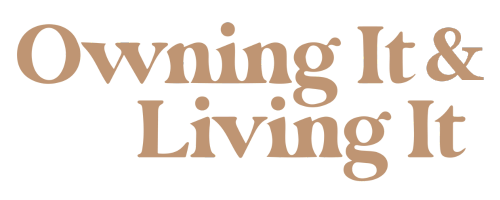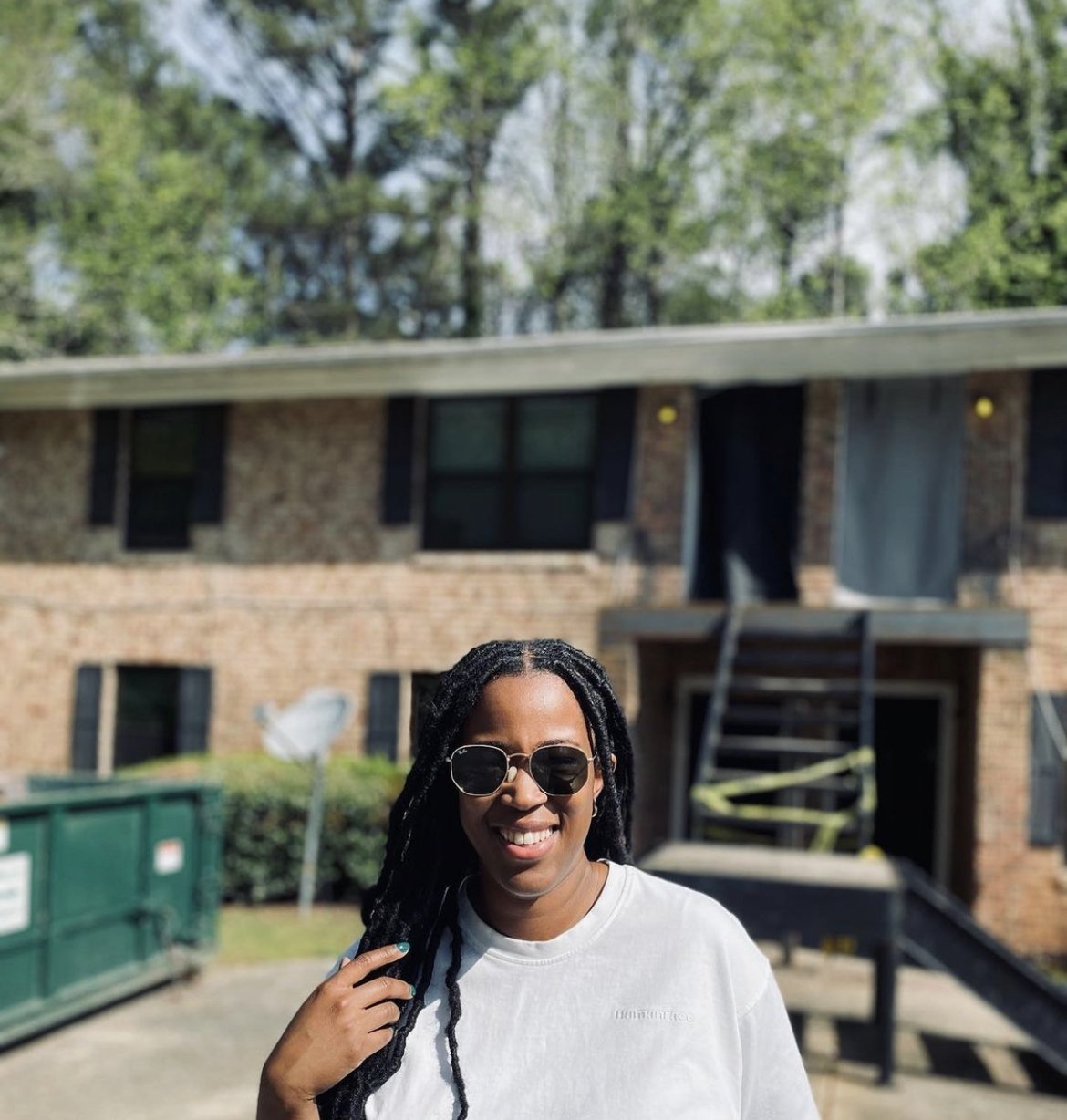When I first became a real estate investor in 2016, I really didn’t know any other investors outside of my job at the bank.
So, what did I do?
I asked those people some questions…and from there I went on to build up my own knowledge! I did all the things! I read a lot of great books and listened to my favorite real estate podcasts.
Then, it was go time!
I was so excited to rely on my own knowledge because it got me to my first investment property!
The thing is…even though I learned some great things, it didn’t stop me from making a few costly mistakes.
Looking back, I realized I had a limited viewpoint of the type of knowledge I could access. You may hear some nuggets from an IG live or a podcast that’s helpful. But there’s no customized book or podcast that’s going to tell you what you need for your unique situation!
After seven years, I’ve learned that each real estate deal is different. No deal is ever the same.
As a new investor, this may sound overwhelming. I get it. And that’s why I don’t want you to make the same mistakes I did!
So what’s the most common newbie mistake?…
Not running the numbers!
This is really important! When purchasing an investment property, you are starting a business. It’s not a hobby or something you do on the side. If you don’t run the numbers to project how much your business is going to make, that business won’t last.
…NEVER just look at a property and say, “that’s cute I want to buy it!”
Or … “omg this seems like a good deal, let me call my realtor and schedule a showing!”
I’ll give you an example.
When I found my 20-unit apartment complex earlier this year, here’s what I did…
I read the listing to find out more about the property.
I looked at Google earth to see the surrounding area.
I called my mentor to run the numbers.
I reached out to the agent to find out what the current rents were.
And then I ran all the numbers. Here’s what that looks like…
1. How much is the property listed for?
2. How much is the property getting in rent?
3. If I were to buy this property and improve the value, how much would it be worth after renovations?
(To get an estimate, find 3 similar properties that sold within the last six months. The average of those is the after-repair value.)
4. Based on the after-repair value, how much would the mortgage payment be vs. how much I could get in rents?
(Let’s say the bank gives you 80% of the after-repair value. That’s going to determine the mortgage payment. To calculate the rent, see what’s going on in the area. Some sites to use are Zillow or Rentometer.)
Once you have these preliminary numbers, it will get you closer to deciding if this property is a good deal.
I can’t say this enough…running the numbers is important so you can determine the proper after-repair value on the front end!
I’ve seen when people didn’t analyze the numbers…and it caused stress, wasted time, and A LOT of DEBT!
Don’t make the same mistake, run the numbers!








Leave A Comment